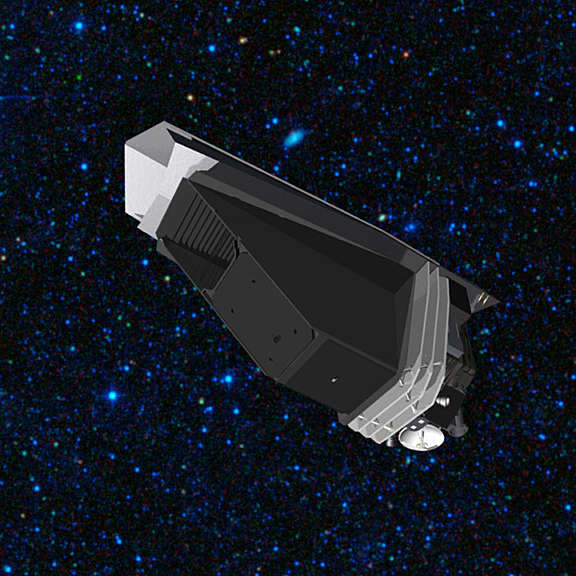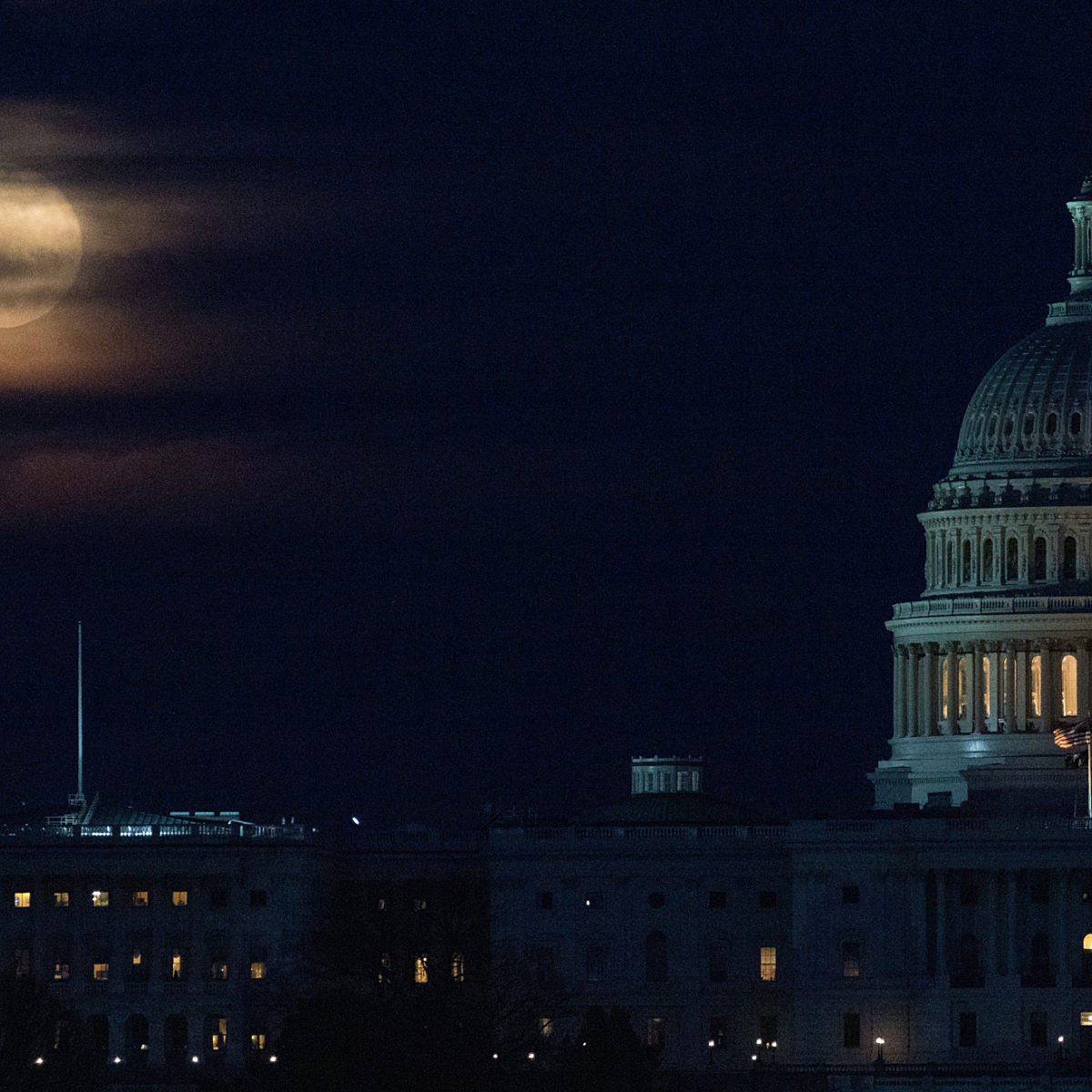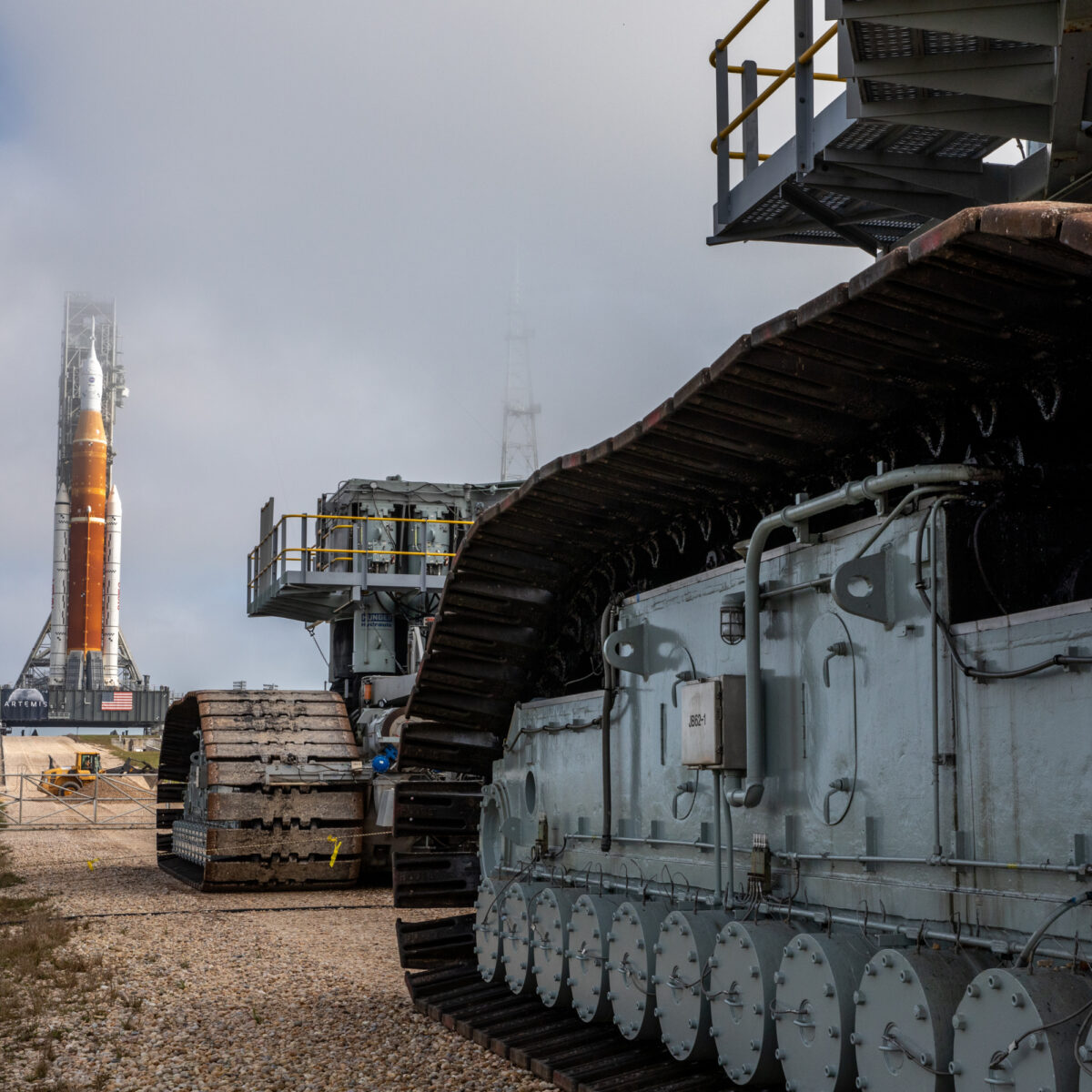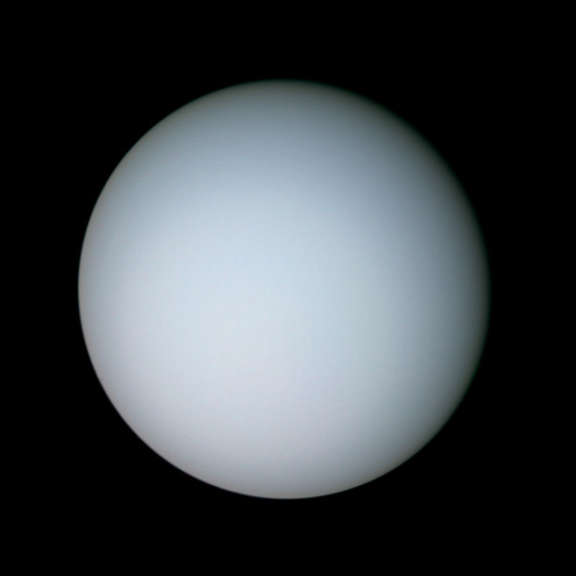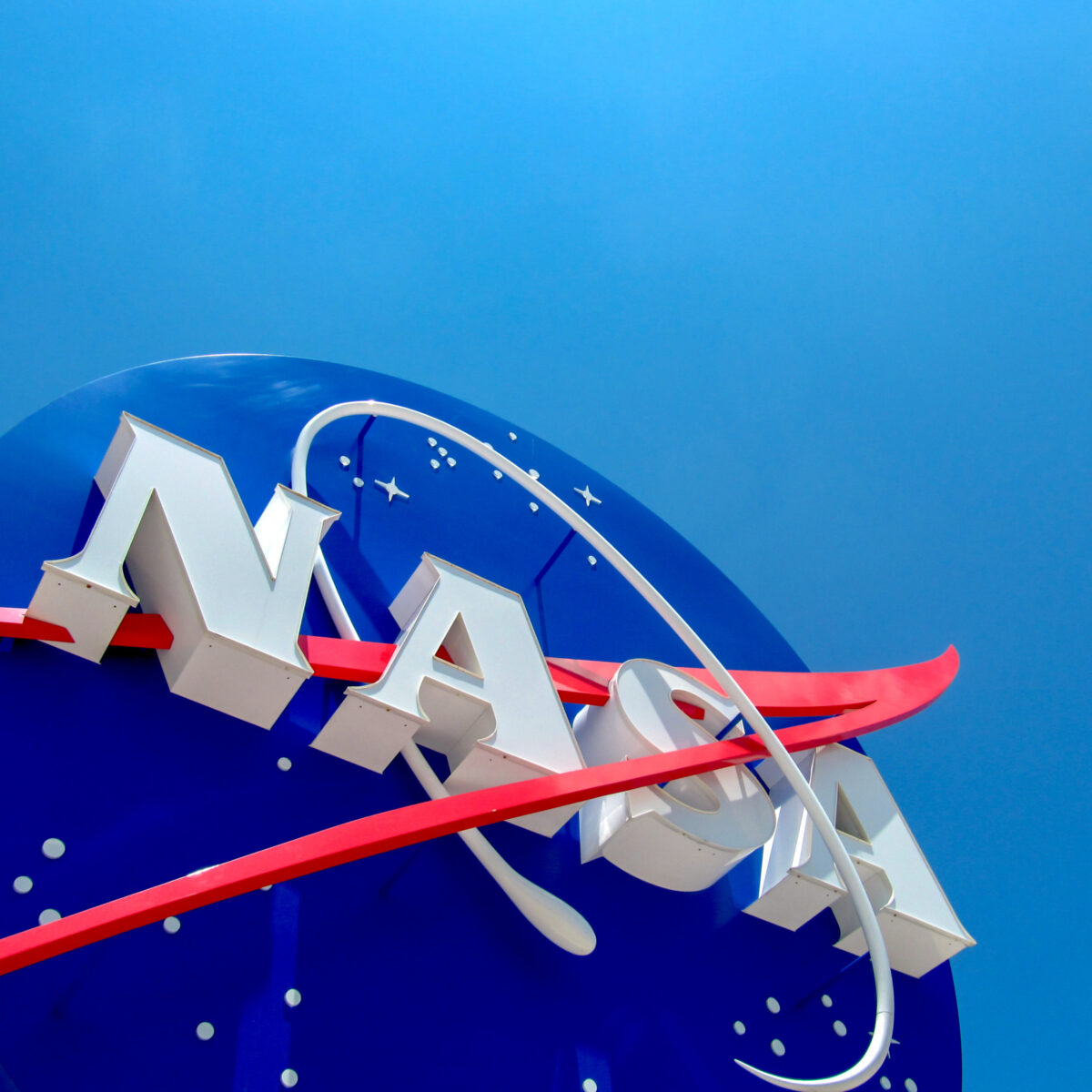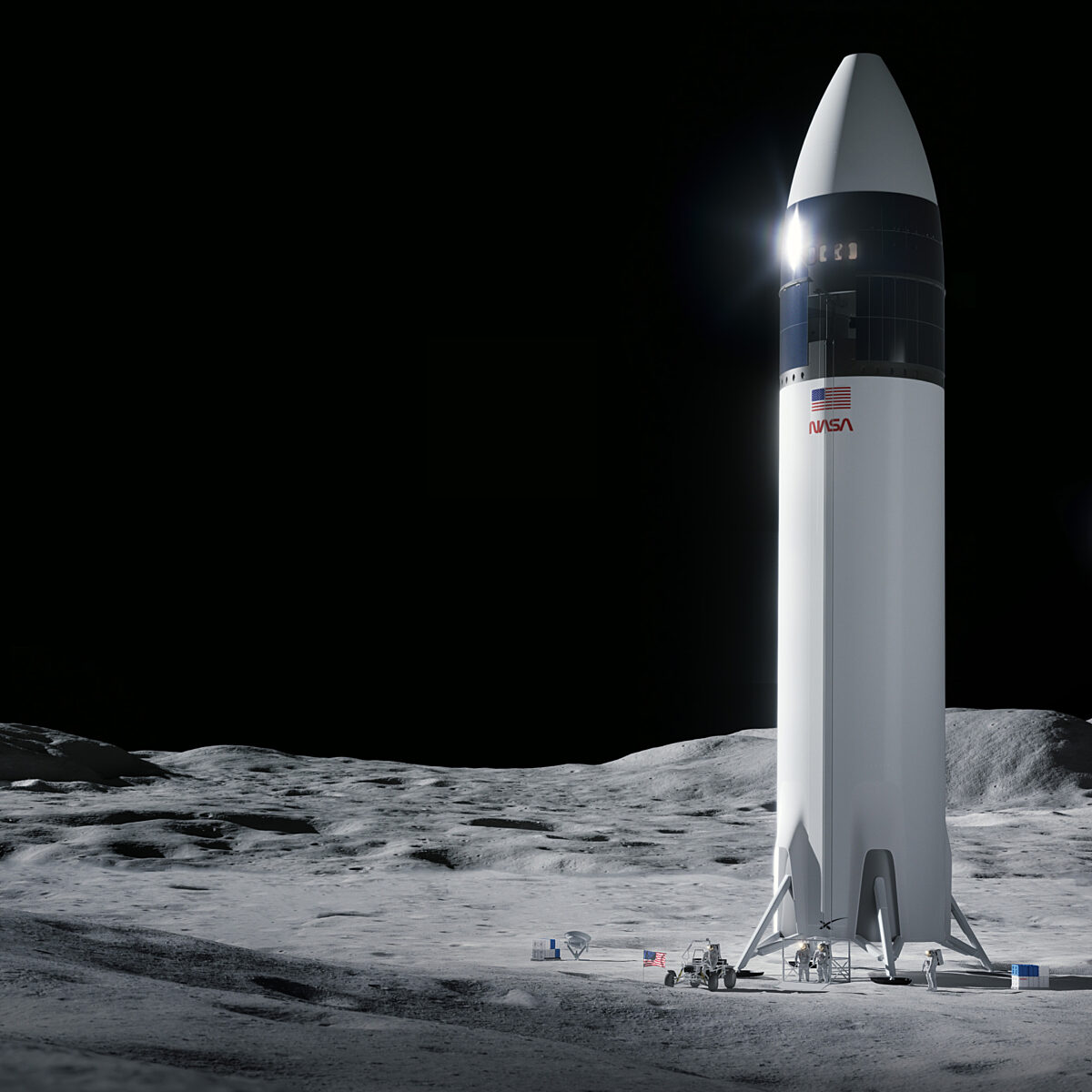All
All
Stories, updates, insights, and original analysis from The Planetary Society.
NEO Surveyor is confirmed
After nearly two decades of consideration, NASA made a formal commitment to NEO Surveyor, an asteroid-hunting space telescope.
NASA’s economic impact? Hundreds of thousands of jobs.
In 2021, NASA supported an estimated 339,645 jobs across the United States. A new report details the astounding economic benefits of the space agency in every state.
What the 2022 midterm elections mean for NASA
Republicans regain control of the House. The Senate remains under Democratic control. This divided governance could slow down the pace of space legislation, even for “must-pass” items like NASA's annual budget.
Why we have the SLS
The SLS rests on a secure foundation of political support, a consequence of the U.S. framework of representative democracy and discretionary funding.
Faith, Doubt, and Contact
Contact remains a unique movie due to its representation of science. It remains a great film due to the treatment of doubt and faith as a universal aspect of human existence.
A joint-letter in support of NEO Surveyor
The National Space Society and The Planetary Society jointly argue for funding the asteroid-hunting NEO Surveyor mission.
Planetary Science Decadal Survey: After the Red Planet, an Ice Giant
After completing Mars Sample Return, Uranus should be the target of NASA's next major planetary mission, according to a major new report by the National Academies of Sciences.
NASA's FY 2023 Budget Stays the Course
The Biden Administration proposed $26 billion for NASA — we break down the potential impacts to human exploration and planetary science.
Another Day in Action
115 members of The Planetary Society from 33 states met with 161 congressional offices to support space science and exploration in 2022.
Why we do the Day of Action
It's the most effective way to advocate for space. It also connects members of The Planetary Society with shared dreams for the future.
Your Guide to the 2020 Astrophysics Decadal Survey
A massive space telescope to search for signs of life on hundreds of Earth-like exoplanets is the official recommendation of the U.S. astronomy community.
How much does the James Webb Space Telescope cost?
Find annual expenditures, charts, and comparisons for NASA's expenditures on the James Webb Space Telescope, including contributions from the European Space Agency and the Canadian Space Agency over the same period.
Why we need plutonium power for space missions
Spacecraft need power to reach the dark, dusty, distant locales of our solar system. Safe, non-weapons-grade plutonium-238 provides that power when solar energy can't cut it.
Biden's 2022 NASA Budget Says Yes to Pretty Much Everything
This is the 2nd-largest budget proposal for the space agency in 25 years. It embraces a broad set of NASA programs, including Artemis to the Moon, important science initiatives, and a healthy space technology effort.
Why NASA Picked SpaceX to Land Humans on the Moon
NASA picked SpaceX's Starship to land humans on the Moon as part of the agency's Artemis program. The decision will help humans land on Mars.
Space Advocates, Assembled
The 2021 Day of Action brought together 145 Planetary Society members from 30 states with 167 congressional offices.
Congress Comes Through for NASA Science, But Not Artemis
Planetary Society priorities, including Mars Sample Return and the Roman Space Telescope, were funded by Congress in its NASA budget. But Project Artemis's human landing system received only a fraction of its requested amount, pushing a return to the Moon further into the 2020s.
NASA Abruptly Delays a Critical Planetary Defense Mission
A space telescope that would find thousands of potential "city-killer" size asteroids was abruptly delayed due to unspecified and unrelated funding issues within NASA's science division.
What's the post-election outlook for NASA and planetary exploration?
What does the political landscape look like for NASA and for The Planetary Society's 3 core enterprises of planetary exploration, the search for life, and planetary defense after the U.S.'s 2020 federal elections?
Did Scientists Just Find Life on Venus? Here's How to Interpret the Phosphine Discovery
A Venusian biosignature, if confirmed, does not guarantee life, but it does represent a compelling argument for further exploration.


 Explore Worlds
Explore Worlds Find Life
Find Life Defend Earth
Defend Earth


 Sun
Sun Mercury
Mercury Venus
Venus Earth
Earth Mars
Mars Jupiter
Jupiter Saturn
Saturn Uranus
Uranus Neptune
Neptune Small Bodies
Small Bodies